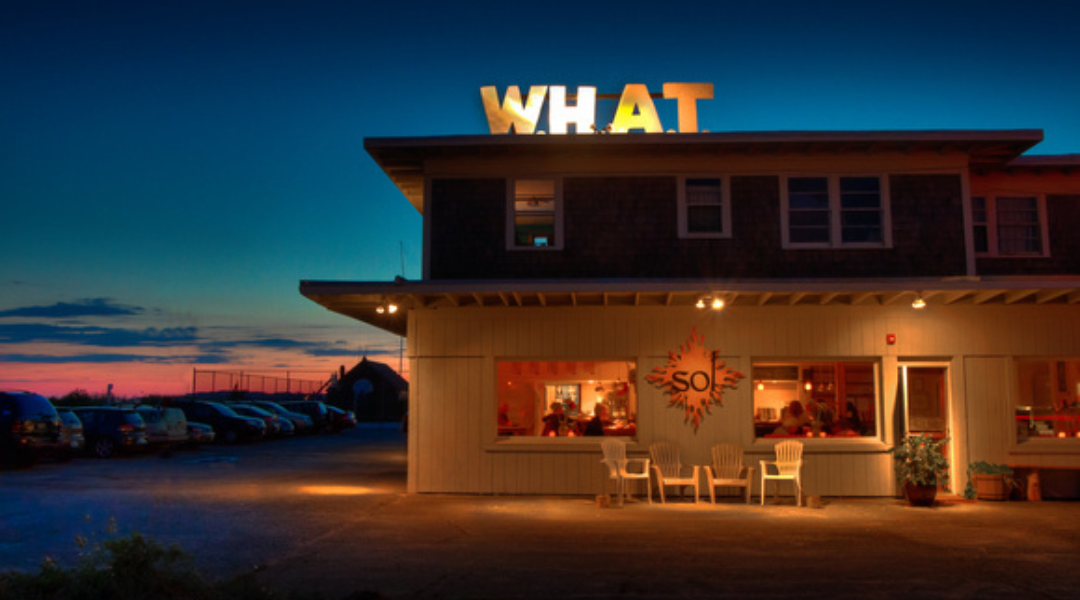
A World-Class Marine Research Organization in Provincetown: Welcome to the Center for Coastal Studies!
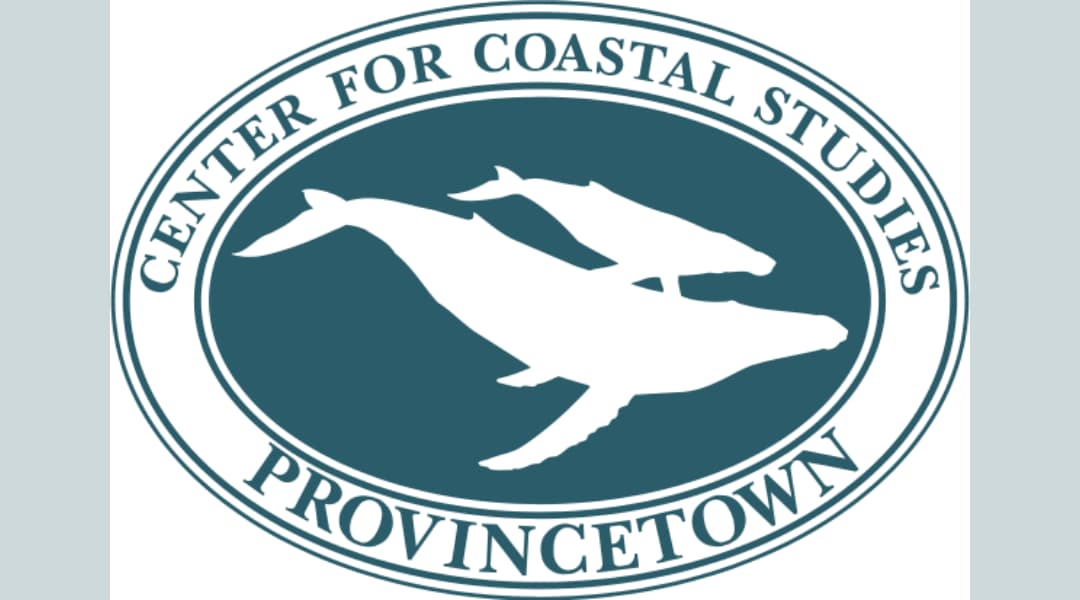
Everyone expects coastal places like Provincetown to offer whale watch boats, seafood restaurants, and fishing charters. What most people don’t expect to find is an absolutely world-class marine research organization.
“We’re a hidden gem,” agrees Sarah Oktay, the center’s executive director. Yet with an annual budget of six million dollars, 45 fulltime employees, 13 affiliated adjunct scientists, and hundreds of volunteers, the center is a major player, doing, as Oktay says, “quiet research for the world.”
While it may be located at the tip of Cape Cod—obviously convenient for marine research!—the center does work that “covers all of the globe, right here,” says Oktay. “We have exhibit space, scientists working in geology, biology, water quality… we’re international experts in the field of whale research.”
And not just whales (don’t worry, we’ll get back to them). “We have a major geology department,” says Amy Jenness, director of communications and outreach. “It maps storm-tide pathways, where we map the routes floods will take through streets, information that’s critical to town planners and first responders, so they can make the kinds of adjustments that will be necessary due to climate change and sea-level rise. It can be as simple as raising a curb—or doing something more dramatic.”
“We look at coastal erosion, eelgrass, harbor health,” says Oktay. “Right now what’s interesting is our sonar mapping of the sea floor—we’re specialists in that habitat.” The sea floor has a community of organisms, known as the benthos, that determine what we see farther up the water column. “If you don’t understand what’s happening in the benthos, you can’t understand what else is going on,” says Oktay. “There are 400,000 individual creatures down there. A healthy ecosystem has a lot of juveniles of all these creatures.”
Unfortunately, ecosystems aren’t always that healthy. “Nitrates and phosphates are the biggest pollutants,” she explains. “Essentially, feces and fertilizers. They cause dead zones—there’s a famous anoxic zone in the Gulf of Mexico. Lobsters can suffocate in their traps because of algae bloom. There are a lot of contaminants of emerging concern. We have to remember—the chemicals that are in the water are there because we put them there. Everything we’ve used shows up. There are microplastics right now in your blood and hair. Our own intelligence is doing us in.”
There’s more to the science besides the very necessary monitoring of water quality and habitats. The center conducts research to better understand marine mammal populations, conducts studies of marine fisheries and works with fishermen on management issues, and conducts regional marine education programs for schools and adults. “Our marine debris program is one of the biggest in the US,” says Oktay. A major component is ghost gear. Laura Ludwig is the manager of the marine debris and practice program, while Owen Nichols directs marine fisheries research, so naturally they intersect in this effort. “Laura and Owen work together on the ghost gear recovery program; they scan the bottom of the ocean, locate old fishing gear, and remove it, often with the help of the fishermen themselves,” says Jenness.
And then we come to the real stars off Cape Cod: the whales, the sharks, and the seals.
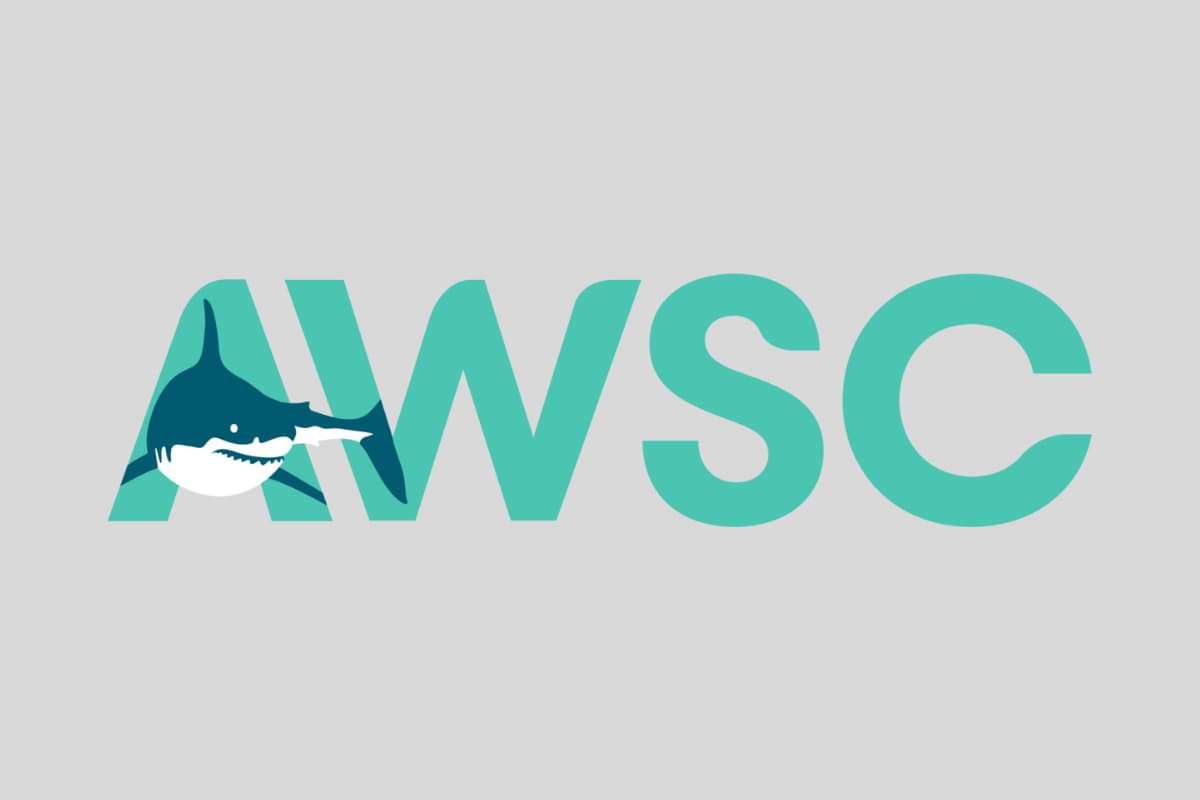
First of all, we should be happy there are so many great white sharks around Cape Cod. “The presence of an apex predator is the sign of a good ecosystem,” says Jenness. The center works closely with the Atlantic White Shark Conservancy. “There are a lot of tagged sharks out there, and every year we set about three hundred acoustic recorders so we can record data on passing sharks.”
The center now uses the old wave station near Payomet in Truro to observe and count the seal presence in a way that doesn’t change their behavior. “The seal program is amazing,” says Oktay. “It’s been ongoing for over forty years.”
The marine animal entanglement program “gets the lion’s share of attention,” says Jenness with a smile; but that attention is well deserved. “Our entanglement response team is the best trained in the world,” says Oktay. “We train teams from all over the globe, and provide them with equipment at cost. Teams from Vietnam, Italy, Mexico, and Polynesia were here recently. This summer two people are here from Kenya to train.”
The need for intense training is clear—seven years is a reasonable amount of time—when you consider the dangers inherent in disentangling “pretty dangerous large animals while using sharp implements,” says Jenness. “We’ve designed the tools and implements that entanglement groups all around the world use.”
The center owns the “catalogue” on humpback whales; right whales are catalogued by the New England Aquarium. “There are 340 right whales left in the world,” says Oktay, “and we see 80 percent of them every year. It’s why there are such strict vessel speed restrictions. But you just have to do the math—they’re dying faster than they’re reproducing.”
The two greatest threats to large marine life—whales, sea turtles, seals, and so on—are ship strikes and entanglements. “It’s tricky, because we don’t want to point the finger at any industry,” says Jenness. “It’s a delicate balance. We just want to solve the problem.”
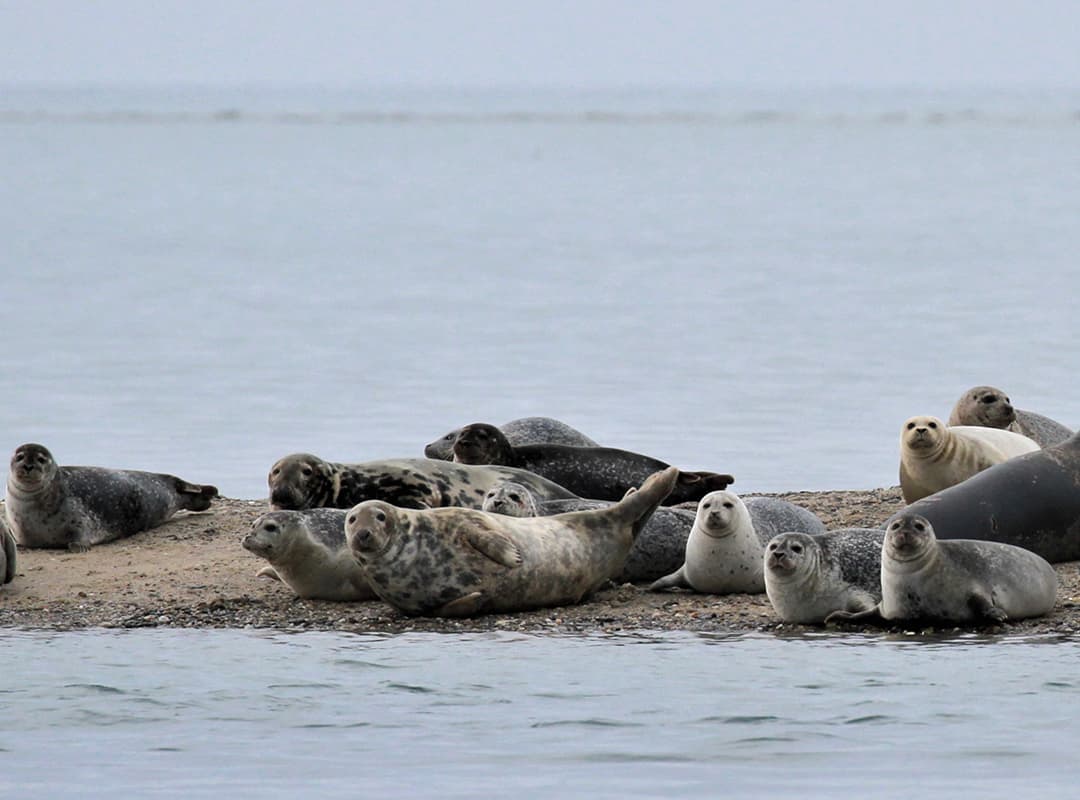
The joker in the deck is, of course, climate change, which affects every aspect of the center’s life and work. “Climate change runs through all of this,” says Jenness. “It’s the big unanswered question. The Gulf Stream has moved, so has the jet stream. What happens in the Arctic shifts everything in the whole ocean. It’s causing a lot of chaos.”
Chaos that the Center for Coastal Studies hopes to face “for another half a century,” says Oktay. “We’re just this plucky band of scientists. We’re not as big as Scripps or WHOI, but we’re doing an enormous amount of important work. We don’t hoard information; we offer all our data free to the public. We’re all in this together.”
You can find out more by visiting the center’s website at coastalstudies.org—or by stopping by when you’re in town. There are exhibits in the building at 5 Holway Avenue (next to the Catholic church) and staff and volunteers eager to share this information as well as suggest ways you can help.
More Recent Provincetown News

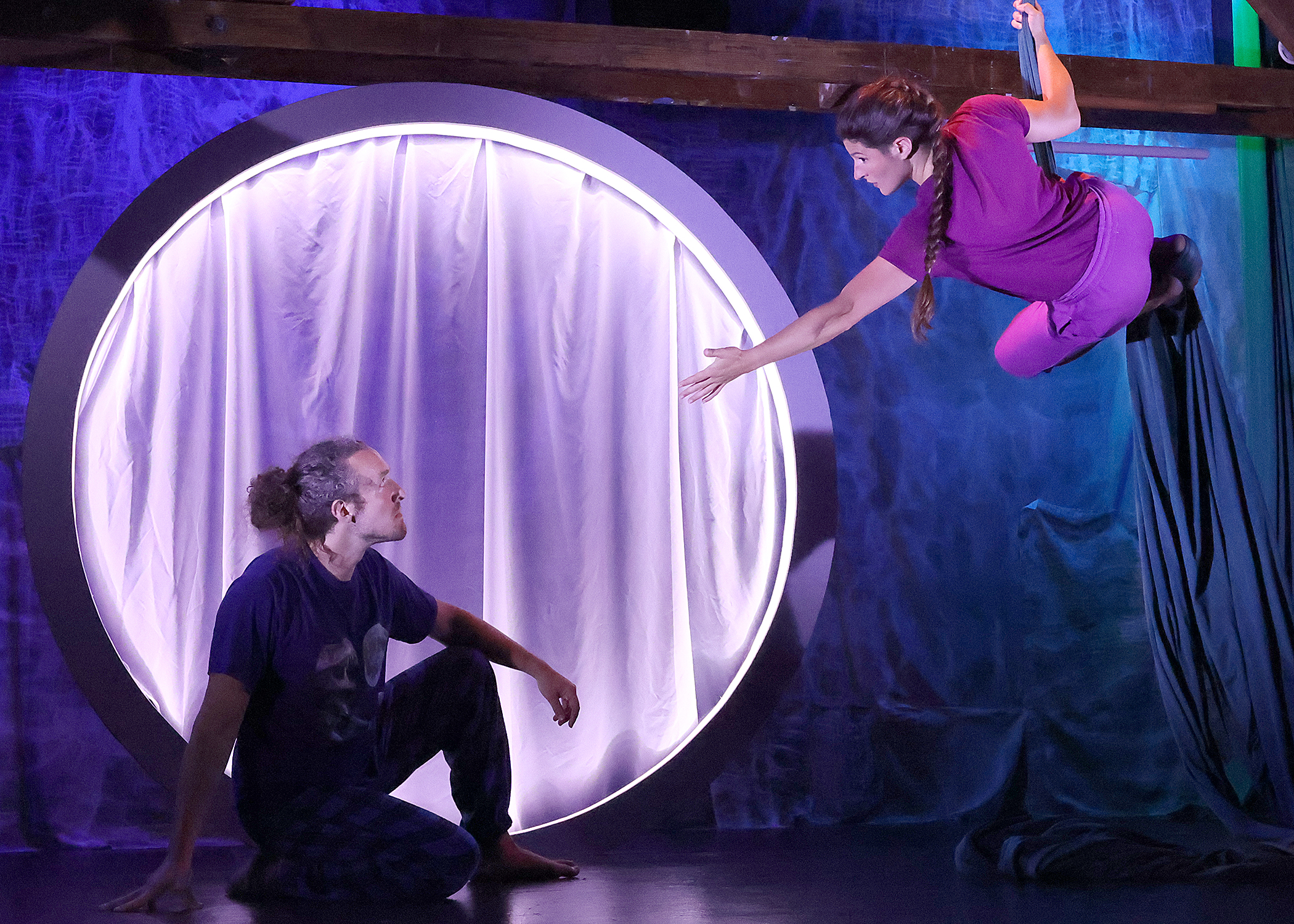


 Accommodations
Accommodations  Art
Art 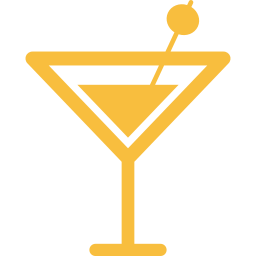 Bars
Bars  Books
Books  Entertainment
Entertainment  Events
Events  Featured
Featured  Guides
Guides  History
History  Literary stuff
Literary stuff  Most Popular
Most Popular  Provincetown News
Provincetown News  Restaurants
Restaurants  Reviews
Reviews  Shopping
Shopping  Theatre
Theatre  Uncategorized
Uncategorized  Weed
Weed